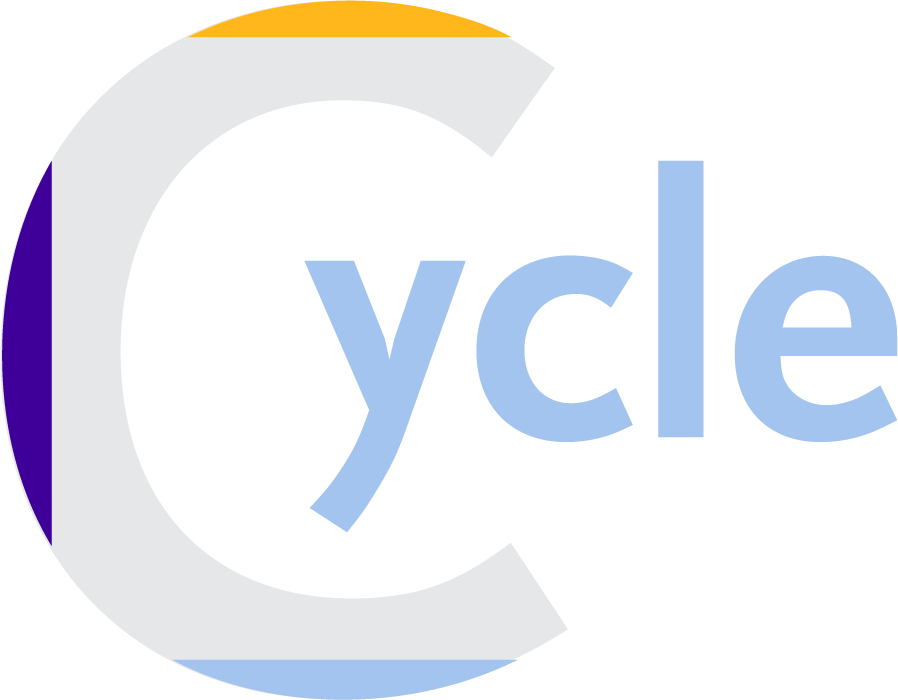July 23, 2019
We are parents, youth, caregivers, community members, and advocates from over 20 organizations deeply invested in significant, positive change in Providence’s public schools. We see a critical need for action. Our schools fall heartbreakingly short of the schools we deserve.
We are eager to partner with anyone who is prepared to work collaboratively, respectfully and thoughtfully. No substantial or lasting improvement is possible without a true partnership among elected officials, education leaders from the Commissioner to the classroom teacher, community partners, youth and families.
Now, as the work to transform our Providence public schools begins, we seek the following commitments now to ensure the effort is successful and earns the support of families, youth and community organizations:
• Establish clear authority for youth, families and community members in selecting and evaluating any state- or district-appointed leadership for Providence public schools.
• Establish significant, ongoing, formal roles for families, students and the community in the development and implementation of plans for intervention. In addition to a core group of diverse parents and students in such roles, all families and youth should be given robust opportunities both to develop and provide input into ongoing plans to improve the Providence schools, and to be decision-making partners in new structures. Intervention must build the capacity of parents, youth and community members to help sustain excellence in the future.
This requires an investment of resources—time, people, and money—well beyond what’s been put forth in the past. Rebuilding trust in our school system will require inclusion and intentional, culturally and linguistically-appropriate, frequent communication and outreach.
• Establish policies and practices to ensure transparency. Data, decisions, decision-makers, and actions involved in work to improve Providence public schools must be widely open and accessible to the public to ensure democratic accountability.
• Recognize, respect and value the diverse communities served by the Providence schools. Efforts at transformation must be grounded in equity, address issues of bias, prioritize culturally responsive teaching and anti-racist environments, and expand opportunities for educators of color. State and district leadership must understand the history of our communities, and appreciate their many strengths and assets.
• Be set up to succeed. Sustainable, impactful action must be adequately resourced with finances and talent, and have the necessary legal backbone. Planning and implementation should reflect collaboration and cooperation among city, state, RIDE, legislature, schools, communities, students and families. While initial efforts may focus on individual schools, plans for equitable change should build a foundation for strategies that will benefit all students. Success requires engaging community-based organizations, particularly those that believe in and promote youth and family leadership and power.
• Clearly respond to the issues youth and families identify. We require change to address not only the nuances of governance and procurement that may stand in the way of school improvement but also the lived experience of youth and families in Providence schools. The response should include concrete measures to establish and sustain:
o A pervasive and inspiring culture of high expectations for what all students can accomplish, including rigorous academic content, mindful social and emotional learning, and intentional, innovative use of instructional time.
o School cultures that are unapologetically anti-racist, celebrating the full diversity of our communities through our faculty, administration and staff, to curricula, classroom materials and professional development resources. Essential to this are explicit efforts to recruit, support and retain a diverse community of teachers who reflect our city.
o Clear mechanisms to center the expertise and wisdom of youth.
o Adequate and sustainable resources for multilingual learners as well as a climate that recognizes the distinctive value of multiple languages.
o Responsive special education programming that fully addresses the needs of students with IEPs and learning differences and an unfailing commitment to communicating with and working alongside their families.
o Well--resourced social emotional supports for all students, especially those experiencing trauma that prevents learning and/or participation in school, paired with professional development for teachers on student social-emotional support.
o Robust, supported, and consistent efforts by all educational partners- (classroom teachers, school administrators, district and RIDE-) to communicate with parents in their home languages about the full range of topics that allow them to support their children’s growth and partner with schools.
o A teaching culture of joy, accountability, and deep engagement with students, grounded in sufficient teacher training, supports, and resources to enable educators to be fully present, prepared, and aware members of our communities inside and outside of the regular school day.
We fully recognize that we have a monumental task ahead for all of us, but it would be wrong to suggest our children or our community deserve any less.
Signed:
Alliance of RI Southeast Asians for Education (ARISE)
The Autism Project
Center for Youth & Community Leadership in Education (CYCLE)
Coalition for a Multilingual RI
Equity Institute
Girls Rock RI!
Highlander Institute
Latino Policy Institute
New Urban Arts
Parents Leading for Educational Equity (PLEE)
Providence Promise
ProvParents
Providence Public School Advocates
Providence Student Union
Providence Youth Student Movement (PrYSM)
Ready to Learn Providence
RI Coalition of Black Women
RI Center for Justice
RI Urban Debate League
Young Voices
Youth Pride, Inc.
Youth In Action

